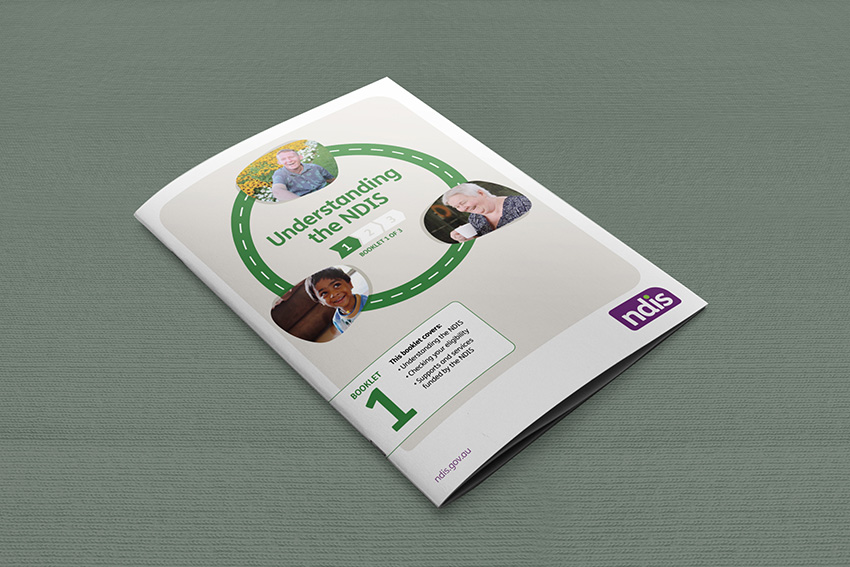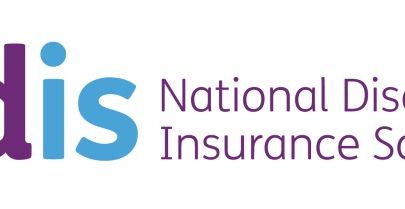Decoding NDIS: Understanding Support for Individuals
Introduction
The National Disability Insurance Scheme (NDIS) in Australia is a crucial support system for individuals living with disabilities. However, navigating through its complexities can be challenging. In this article, we will decode the NDIS, focusing on understanding the support it offers to eligible participants. NDIS Decoded: Understanding Support
Understanding NDIS Support Categories
1. Core Supports
Core Supports under the NDIS encompass assistance with daily activities, consumables, and other support needs essential for maintaining a person’s independence and community participation. This category covers assistance such as personal care, access to the community, and transport.

2. Capital Supports
Capital Supports involve funding for items such as assistive technology, home or vehicle modifications, and specialist disability accommodation. These supports are tailored to the individual’s specific needs and are aimed at improving their overall quality of life and independence.
3. Capacity Building Supports
Capacity Building Supports are designed to enhance the individual’s ability to engage more fully in community life and achieve their goals. This may include support for skill development, training, employment assistance, and therapeutic services.
Evaluating Support Needs
Before accessing support through the NDIS, individuals undergo a comprehensive assessment process to determine their eligibility and support requirements. This assessment considers various factors, including the person’s disability, goals, functional capacity, and existing support networks.
Accessing NDIS Support
Once deemed eligible for the NDIS, participants work with a Local Area Coordinator (LAC) or a Support Coordinator to develop a personalized plan outlining their goals and support needs. This plan, known as the NDIS plan, is reviewed regularly to ensure it remains relevant and effective.
Optimizing NDIS Support
1. Understanding Your Plan
It’s crucial for individuals and their carers to thoroughly understand their NDIS plan, including the funded supports, budget allocations, and any relevant guidelines. This understanding enables participants to make informed decisions about their support options and effectively utilize their funding.
2. Engaging with Service Providers
Building a strong relationship with service providers is essential for maximizing the benefits of NDIS support. Participants should communicate their needs and preferences clearly, collaborate with providers to achieve their goals, and provide feedback to ensure ongoing improvement in service delivery.
3. Exploring Additional Resources
Beyond NDIS-funded supports, individuals can access a range of other resources and programs to complement their NDIS plan. This may include community services, advocacy groups, peer support networks, and government-funded initiatives aimed at enhancing inclusion and participation. For community support within NDIS see here.
Conclusion

In summary, understanding NDIS support is crucial for individuals living with disabilities and their families or carers. By decoding the various support categories, evaluating individual needs, and optimizing support utilization, participants can navigate the NDIS effectively and achieve their goals for independence, inclusion, and community participation.
By adhering to the principles of the NDIS and actively engaging with support providers, individuals can unlock a world of opportunities to enhance their quality of life and pursue their aspirations with confidence.
With a clear understanding of NDIS support and effective utilization of available resources, individuals can embark on a journey towards greater empowerment, resilience, and fulfillment.



